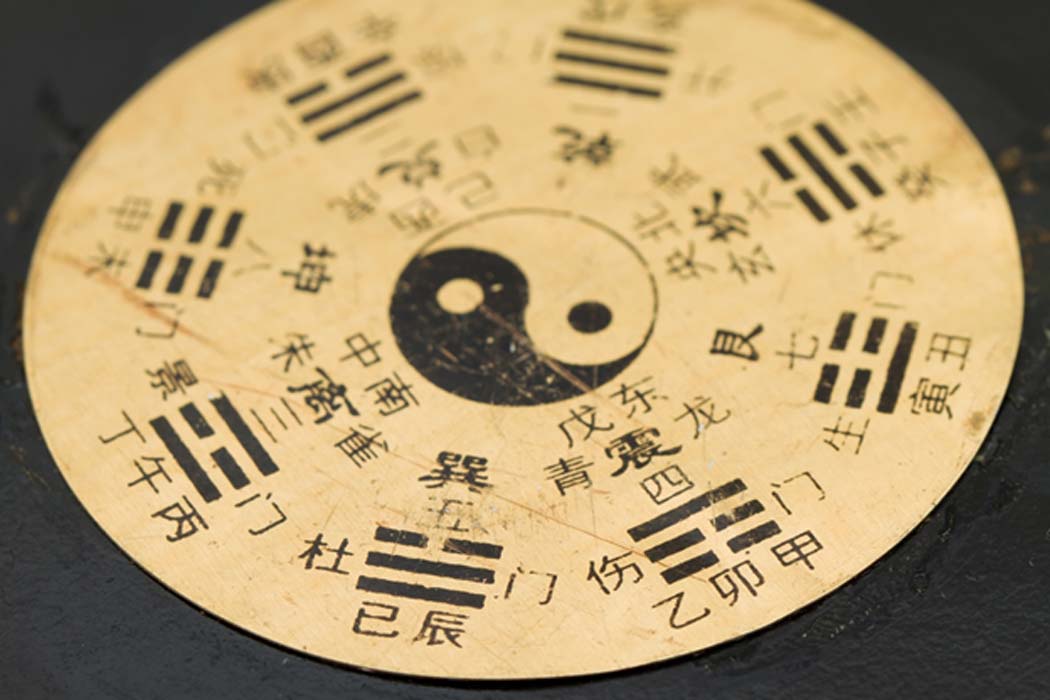
Adler, Professor, Kenyon College and author of Reconstructing the Confucian Dao: Zhu Xi’s Appropriation of Zhou Daunyi.? …an excellent history of the I Ching … including the ways it has been interpreted in both China and the West up to the present day. “The uniqueness of this book is its combination of scholarly rigor with a willingness to explore the phenomenology of divination practice. Smith, Professor, Rice University and author of The I Ching: A Biography. “A magnificent achievement… Redmond and Hon offer…insightful suggestions about how to understand and productively use this document…” Richard J.

Cheng Chair Professor of Cultural History, Hong Kong Institute of Education Professor Leiden University and National Taiwan University. “a reliable road map…to navigate the intriguing intellectual terrain of the ancient Chinese classic….an important reference book for…readers who what to explore the multifarious and mysterious world of Changes.” Dennis K. The Yijing as China Enters the Modern Age The Rewards and Perils of Studying an Ancient Classicĭivination: Fortune-telling and Philosophy Teaching the I Ching (Book of Changes) makes this important text understandable for a broad readership, including those interested in China, early civilization, and world religions. The teaching approaches described will do justice to the otherness of the ancient classic, yet engage the interest of twenty-first century students and teachers.

Redmond and Hon present an up-to-date survey of recent studies and place them in context with traditional understanding. Recent scholarship has radically altered our understanding of the foundational work. Assembled from fragments with many obscure allusions, it was the subject of ingenious, but often conflicting, interpretations, over nearly three thousand years. We wish to announce our new book, Teaching the I Ching (Book of Changes), by Geoffrey Redmond and Tze-ki Hon, published by the American Academy of Religion and Oxford University Press, 2014.Ĭhinese traditional culture cannot be understood without some familiarity with I Ching (Yijing), yet it is one of the most difficult of the world’s ancient texts.


 0 kommentar(er)
0 kommentar(er)
